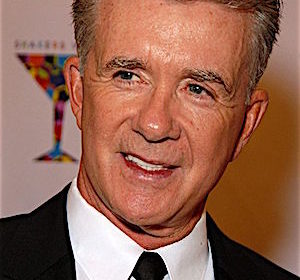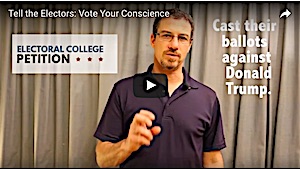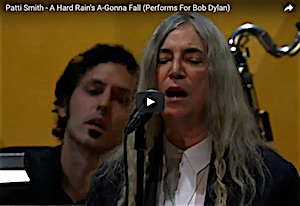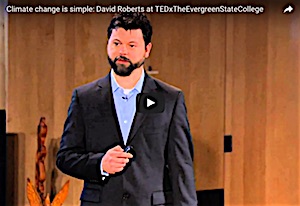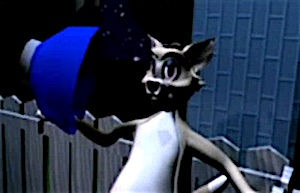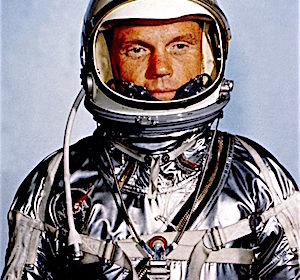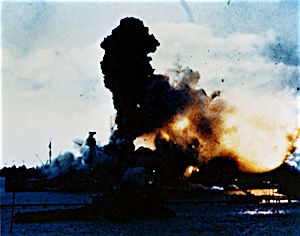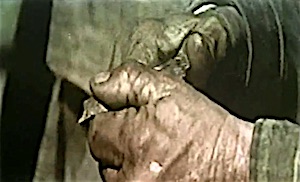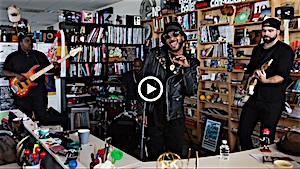This week the United States commemorated the anniversary of the Japanese attack on Pearl Harbor, which heralded the entry of the U.S. into World War II. Over the next four years, a violent war raged across both Europe and the Pacific, culminating in two devastating atomic detonations at Hiroshima and Nagasaki by the United States, knocking Japan out of the war and securing victory for the U.S. and her allies. Clearly Japan’s initial aggression failed to achieve a lasting goal. So, why did Japan launch this violent attack at Pearl Harbor?
Starting in 1931, when Japan invaded resource-rich Manchuria, Japan sought to build an empire throughout Asia and the Pacific, rivaling the empires of Europe during the 19th century. The Japanese called this the “Greater East Asia Co-Prosperity Sphere,” but countries within this relationship were subject to Japan’s authority, and were forced to submit by force, if necessary. To achieve this end, Japan required raw materials to fuel its war machine and industrial centers.
This didn’t go over well with the United States, which controlled the Phillippines at that time, and had extensive business interests throughout the region. The 1930s were therefore marked by increasing competition and tensions between these two powers. After capturing Manchuria, Japan attacked China and moved into French Indo-China as well. In response, the United states and key European nations, including Great Britain and the Netherlands, initiated increasingly potent economic sanctions intended to curtail Japan’s war machine and limit the spread of its imperial ambitions, thereby protecting U.S. interests.
On the military front, the United States was the only Naval Power in the Pacific capable of posing a threat to Japan, and the bulk of U.S. Naval forces were concentrated at Pearl Harbor, Hawaii. Finally, the U.S. instituted devastating oil sanctions which threatened to stop Japan’s military-industrial complex in its tracks. At this point, Japan had to choose between dropping its imperial ambitions, or expanding its war effort, in order to capture more resource rich lands with which to continue fueling the Japanese war effort and expansion. Japan chose the latter option, but recognized that the U.S. was a significant impediment to their success.
Japan determined that a surprise attack on Pearl Harbor, if timed absolutely perfectly, would cripple the U.S. fleet, rendering it incapable of defending the pacific. A key part of this plan was the goal to destroy the five U.S. air craft carriers anchored at Pearl Harbor. Following such an attack, the Pacific would be defenseless, and Japan would have all the territory and resources it needed to build its empire and rise as a great power to rival the western nations. Japan didn’t have ambitions to invade the U.S., and Japanese experts determined that the U.S. would likely bow out of a confrontation, retreating to lick its wounds, leaving the Pacific to the stewardship up and coming new power—-Japan.
So Japan launched its attack, and it was truly devastating. However, Japan failed to destroy the five U.S. carriers, which was a major failure in hind sight, since it afforded the U.S. some heavy fire power with which to continue prosecuting a war effectively. Outraged by the attack, and fearing that an invasion of the U.S. homeland might be imminent, the United States declared war on Japan and prosecuted a long and bloody war in the pacific, punctuated by large battles at sea, and a brutal island-hopping campaign.
The five U.S. air craft carriers were used to great advantage, particularly at critical conflicts like the Battle of Midway. In hindsight it’s clear that once the United States committed to war, the fate of Japan was effectively sealed. The smaller power, though skilled in war and well equipped at the start, was no match, in the long term, for the much larger country, with its great industrial might to back up its navy.
By the close of the war, the U.S. and Japanese forces had suffered greatly, though the U.S. ultimately had the upper hand. Japanese soldiers were known for great ferocity in combat, and a refusal to surrender. Japanese Prison camps were brutal places where many American service men languished and died. For these reasons, the U.S. leadership thought that the Japanese wouldn’t surrender if their homeland was invaded. The prospect of a brutal, protracted invasion loomed.
And fueled by long simmering rage over the attack at Pearl Harbor, which Americans viewed as underhanded and despicable, and perhaps also fueled by the racism of the day, which can’t be denied, as evidenced in war-time propaganda, and the tragic story of the Japanese internment camps in the United States, the U.S. Government, under the command of President Harry Truman in the final months of the war, decided to use their secret weapon, the atomic bomb, which had been developed by a team of expert scientists and engineers in Los Alamos, New Mexico, throughout the war years.
In the summer of 1945 the U.S. military dropped two nuclear bombs on the cities of Hiroshima and Nagasaki, with devastating results. The loss of life from the initial blast as well as the lingering effects of atomic radiation was horrendous. These attacks did serve their purpose: Japan surrendered, ending the war. But they also ushered in a new era, redolent of the threat of nuclear warfare, which upped the stakes for large-scale military conflicts, and triggered an arms race which has put the very survival of the human race in question.
Photo: By U.S. Navy – Official U.S. Navy photo 80-G-K-13513 from the U.S. Navy Naval History and Heritage Command, Public Domain, Link
